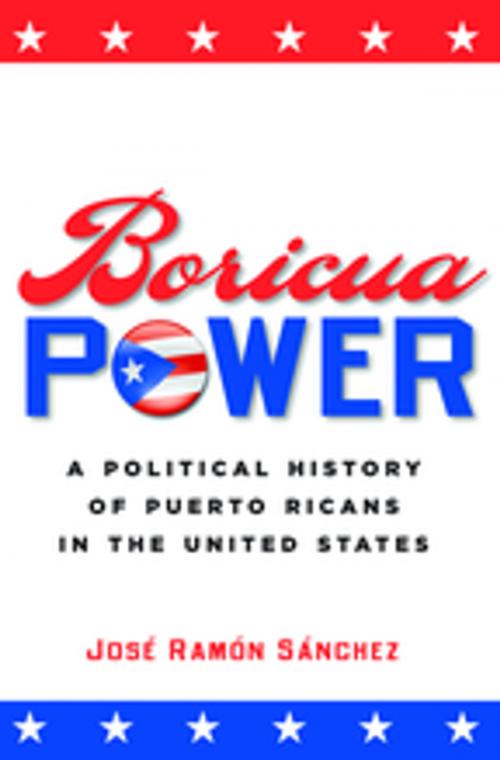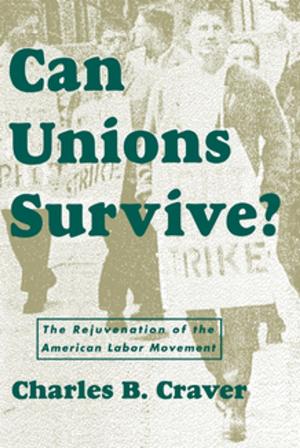Boricua Power
A Political History of Puerto Ricans in the United States
Nonfiction, Social & Cultural Studies, Political Science, Politics, History & Theory, History, Americas, United States| Author: | José Ramón Sánchez | ISBN: | 9780814783573 |
| Publisher: | NYU Press | Publication: | March 1, 2007 |
| Imprint: | NYU Press | Language: | English |
| Author: | José Ramón Sánchez |
| ISBN: | 9780814783573 |
| Publisher: | NYU Press |
| Publication: | March 1, 2007 |
| Imprint: | NYU Press |
| Language: | English |
Where does power come from? Why does it sometimes disappear? How do groups, like the Puerto Rican community, become impoverished, lose social influence, and become marginal to the rest of society? How do they turn things around, increase their wealth, and become better able to successfully influence and defend themselves?
Boricua Power explains the creation and loss of power as a product of human efforts to enter, keep or end relationships with others in an attempt to satisfy passions and interests, using a theoretical and historical case study of one community–Puerto Ricans in the United States. Using archival, historical and empirical data, Boricua Power demonstrates that power rose and fell for this community with fluctuations in the passions and interests that defined the relationship between Puerto Ricans and the larger U.S. society.
Where does power come from? Why does it sometimes disappear? How do groups, like the Puerto Rican community, become impoverished, lose social influence, and become marginal to the rest of society? How do they turn things around, increase their wealth, and become better able to successfully influence and defend themselves?
Boricua Power explains the creation and loss of power as a product of human efforts to enter, keep or end relationships with others in an attempt to satisfy passions and interests, using a theoretical and historical case study of one community–Puerto Ricans in the United States. Using archival, historical and empirical data, Boricua Power demonstrates that power rose and fell for this community with fluctuations in the passions and interests that defined the relationship between Puerto Ricans and the larger U.S. society.















